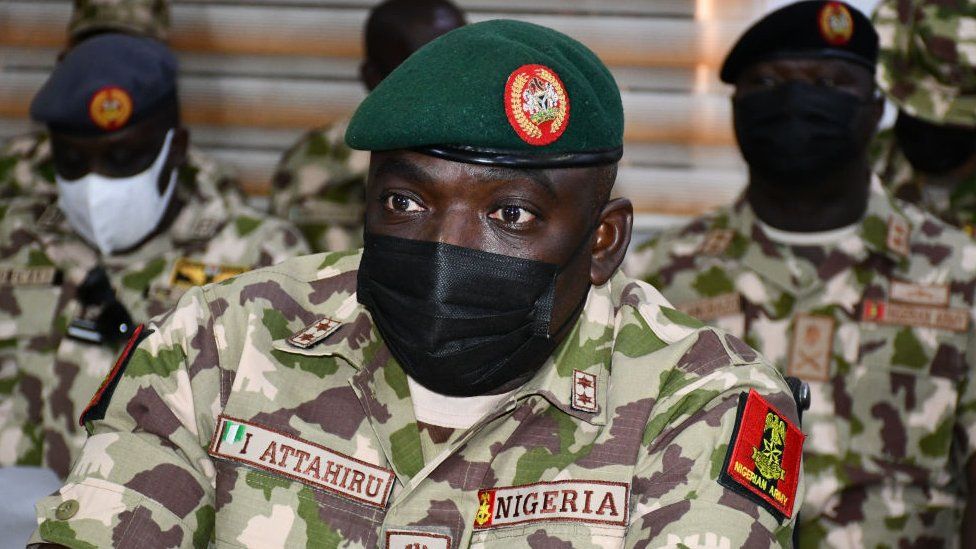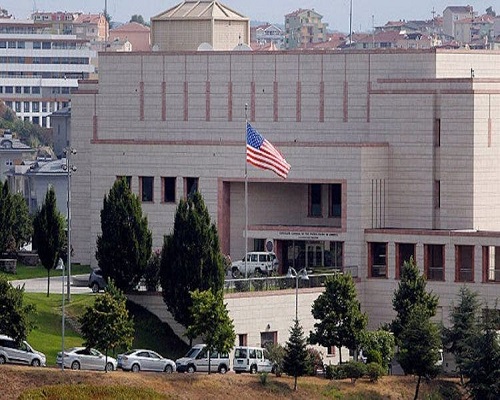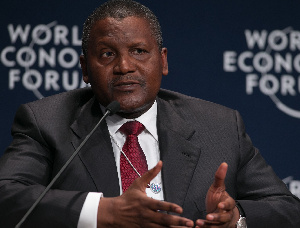Guinea to Hold First Post-Coup Presidential Election on December 28

Guinea has officially set December 28, 2025, as the date for its first presidential election since the 2021 military coup. The announcement was made through a decree broadcast on state television, marking a significant milestone in the country’s transition back to constitutional rule.
The election will be the first since the overthrow of President Alpha Condé in September 2021, when the military seized power citing corruption and mismanagement. Since then, the junta, led by Colonel Mamady Doumbouya, has faced mounting pressure both domestically and internationally to return the country to democratic governance.
A Crucial Step in Guinea’s Political Transition
The December vote is expected to draw strong interest from Guineans eager to restore civilian leadership after four years of military rule. Political parties, civil society organizations, and international observers have all emphasized the importance of ensuring that the electoral process is transparent, credible, and inclusive.
Analysts say the election could determine Guinea’s long-term stability, as the country has a history of political unrest and disputed polls. The announcement of a date has been welcomed as a sign of progress, but questions remain about whether the junta will truly hand over power without interference.
International and Regional Reactions
The Economic Community of West African States (ECOWAS), the African Union (AU), and the United Nations have repeatedly urged Guinea’s leadership to stick to a clear transition timetable. These groups are expected to play a monitoring role in the upcoming elections to ensure adherence to democratic standards.
Western nations, including the United States and members of the European Union, have also expressed concern over Guinea’s prolonged transition. The announcement of a fixed election date may ease tensions, though international partners are likely to continue pressing for guarantees of fairness and security during the polls.
Challenges Ahead
While the election date is now confirmed, several challenges lie ahead. Political divisions remain strong, voter registration must be finalized, and security arrangements will need to be put in place to ensure peaceful voting.
Some opposition groups have expressed skepticism about whether the process will be truly independent, given the military’s continued influence. Civil society leaders have also called for reforms to strengthen electoral institutions before the vote takes place.
What This Means for Guineans
For many Guineans, the December 28 election represents hope for a return to normalcy, economic stability, and international reintegration. The mining-rich West African nation has faced economic difficulties since the coup, with foreign investments slowing down due to political uncertainty.
A successful election could restore investor confidence, improve relations with international partners, and give Guineans a renewed sense of political stability. However, much depends on how the junta manages the process in the months leading up to the polls.
Source: Thepressradio.com




